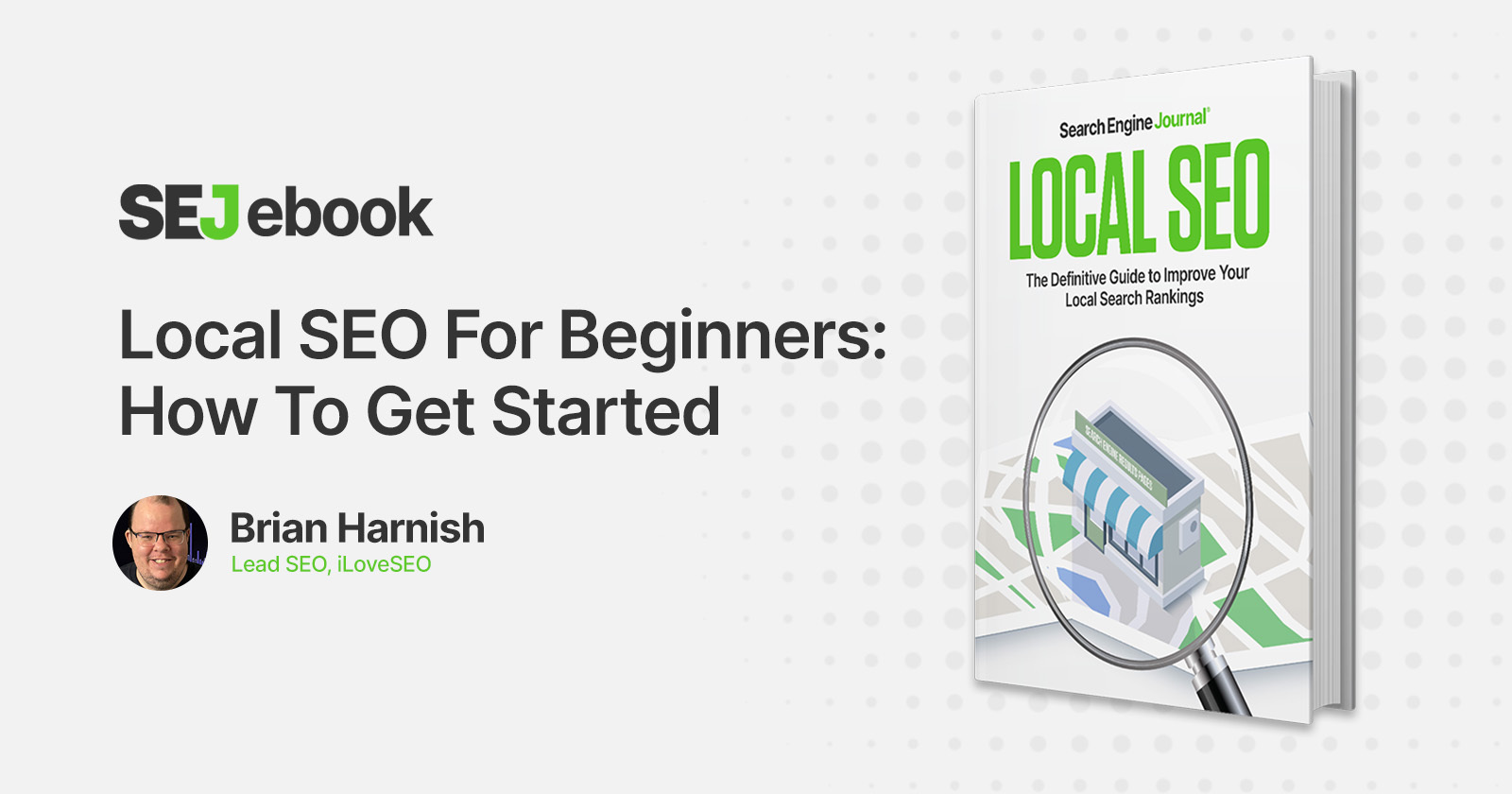One of the first questions a lot of businesses have about local SEO is: Do I really need it?
And I get it. You’re busy – your time, budget, and energy are precious resources.
Do you really need another thing to keep up with?
If you want to attract in-store traffic, online or phone orders, appointment bookings, clinic visits, or other business from local consumers, the answer is a definitive YES!
Who Benefits From Local SEO And Why?
All types of businesses that interact with and service customers in a specific region can benefit from local SEO.
This includes retail stores, service businesses, restaurants and hotels, hospitals, banks, construction companies, and more.
Here are a few examples.
Lawyers And Law Firms
One of the biggest benefits of local SEO for these clients is that Google shows a call button directly in the local search results on mobile phones.
So when a potential client pulls out their phone and does a search for [(type of) attorney], they will see targeted results for their particular location.
When done right, local SEO will push the attorney to the top of the search results for that location, and the dominant call to action will be the “call us” button.
The reason why this is such a huge benefit is that anyone who has been in an accident or has another issue will be on the phone attempting to find attorneys who offer free consultations.
This one avenue offers a way to get in front of those consumers exactly when they need an attorney.
Doctors And Medical Practices
When someone is searching for a medical professional, they’re often searching for a [doctor nearby] or a [doctor near me].
Most people don’t want to go out of their way or travel several hours to visit a doctor. They want a nearby doctor who can see them regularly.
If you reference the screenshot below, using the search [doctors near me], there are several benefits of this large local pack result.
![Screenshot from search for [doctors near me], Google](https://www.searchenginejournal.com/wp-content/uploads/2022/02/local-seo-1-1-doctors-near-me-621c8751dc762-sej.png) Screenshot from search for [doctors near me], Google, August 2018
Screenshot from search for [doctors near me], Google, August 2018When it comes to doctors, people are more comfortable calling to set an appointment, and they are most likely looking for an easy way to look up directions to the doctor’s offices.
Plumbers
When someone has an emergency involving plumbing, are they going directly to a store?
No, they usually go to Google to search for [plumber near me].
The Google search results provide an easy way for someone to call a plumber directly, read reviews, and access local plumbers immediately if they have such an emergency.
Who Won’t Benefit From Local SEO?
While we would love to see everyone benefit from local SEO and sell these services to more clients as SEO professionals, the reality is that some businesses just don’t lend themselves well to local SEO efforts.
Businesses like online only ecommerce shops, businesses that don’t want to share their local information, and private online sellers who want to keep their information private are likely not great candidates for local SEO services.
Local Search Still Needs Organic SEO
Local search rankings appear in the form of the Map Pack on Google, but your site’s organic ranking is an important factor, as well. This helps Google understand your overall prominence, which is one of the three main categories of local ranking signals.
SEO tricks and tactics are long gone, and search has evolved exponentially.
Nowadays, user experience signals, E-A-T, high-quality content, high-quality links, and much higher quality UX rule the game.
But make no mistake: There are still locally enhanced factors of SEO that you need to get right, including:
- Finding the right keywords and topics to target as part of your campaign.
- Making sure your technical SEO is top-notch.
- Ensuring the highest quality content possible.
- Earning links to make your website stand out enough in Google’s eyes.
- Double-checking and implementing your NAP (Name, Address, Phone number) information is accurate across many linking sites.
- Optimizing for local ranking signals.
With a local focus, many of your standard organic SEO methods may change slightly compared to the more traditional methods that are used for ranking.
Local Search Can Be Voice Search, Too
Now that people have more access to devices like smartphones, Amazon Echo, and Google Home, voice search has become a preferred way for many to find local information.
It’s easier to say “find a doctor near me” or “find a plumber near me” for most people than it is to type.
Thus, it isn’t surprising to see a rise in local queries based on conversational voice search.
If your industry is service-oriented, try out keyword variations that include questions.
Semrush’s topic research tool, Keyword.io, and AnswerThePublic all provide ways to see questions people are searching for, along with their search volume.
This is an excellent way to target keywords that have local intent.
If your industry is a local brick-and-mortar, service-related business, like a restaurant or an attorney or lawyer, try keyword variations with a conversational tone and focus.
You may be surprised by the search volume you can achieve when you do keyword research in this way.
Local Search Is Mobile Search
We know that a sizable portion of local searches happen on local devices, and that mobile-friendliness is a Google ranking factor.
What do these facts and the mobile-first index mean for your local SEO strategy?
Google has done the work of optimizing Map Pack listings for mobile searchers. But it’s up to you to create that user-friendly, convenient experience on your website – and to ensure Google understands that via good technical SEO.
Search Engine Journal’s Roger Montti shares an overview of what that entails in ‘7 Ways a Mobile-First Index Impacts SEO,’ part of SEJ’s free Advanced Technical SEO Guide.
Local SEO Needs A Dedicated Strategy
But, that doesn’t mean it needs to take up a lot more of your time.
In the next chapter, you’ll find a nine-step checklist to guide your new or improved local SEO strategy.
Then, we’ll dig into the various aspects of it and you’ll find experts tips and tools to bring it all together.
Download the full guide for free here.
Featured Image: Paulo Bobita/Search Engine Journal





![[SEO, PPC & Attribution] Unlocking The Power Of Offline Marketing In A Digital World](https://www.searchenginejournal.com/wp-content/uploads/2025/03/sidebar1x-534.png)